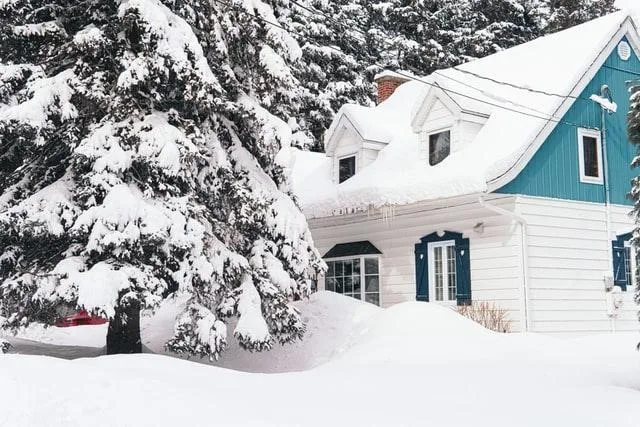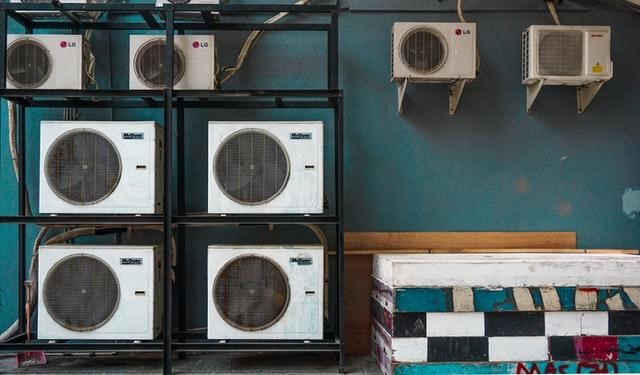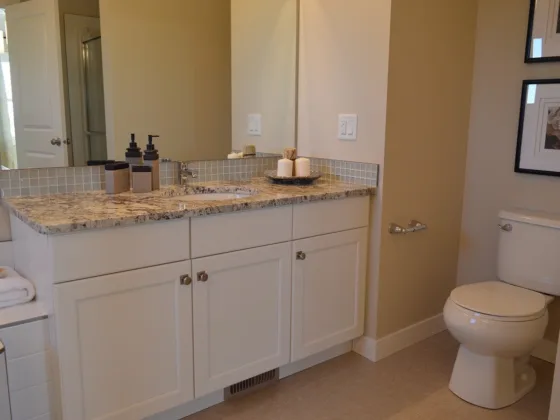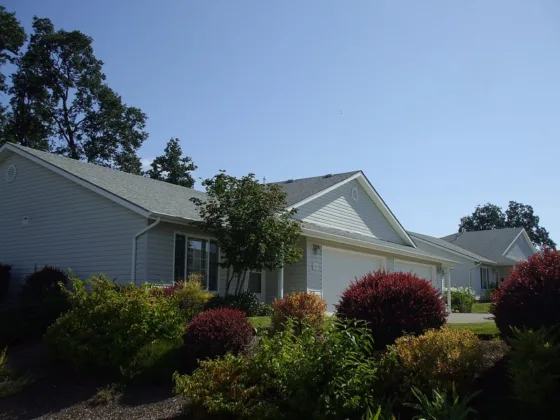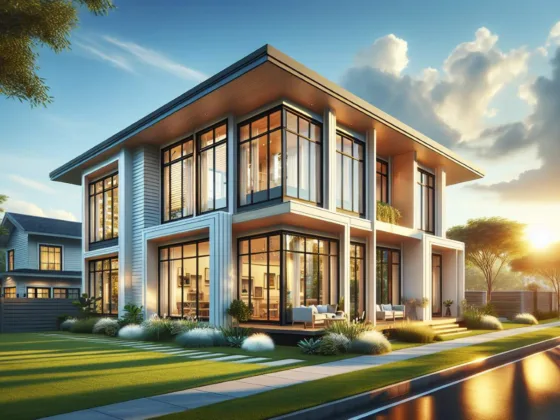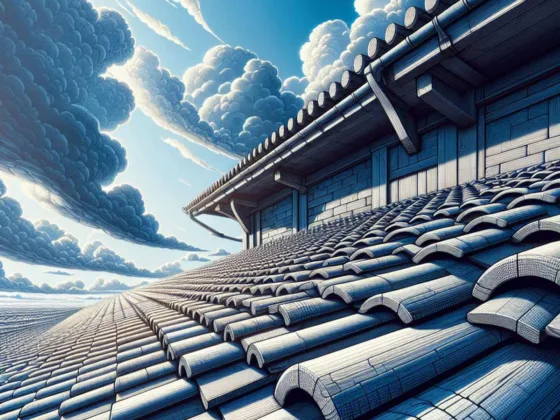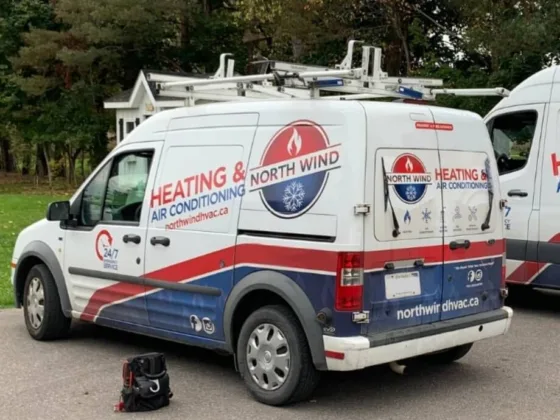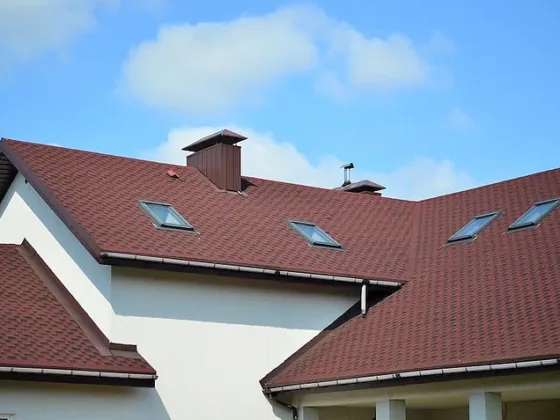As residents of New Jersey are well aware, this month has been the coldest in the state since last winter. As a matter of fact, in some places, wind chills are as low as one or even below zero (check here).
Consequently, once again, thanks to furnace systems, we have all been turning them on for the first time in several months, and it makes the harsh winter more bearable!
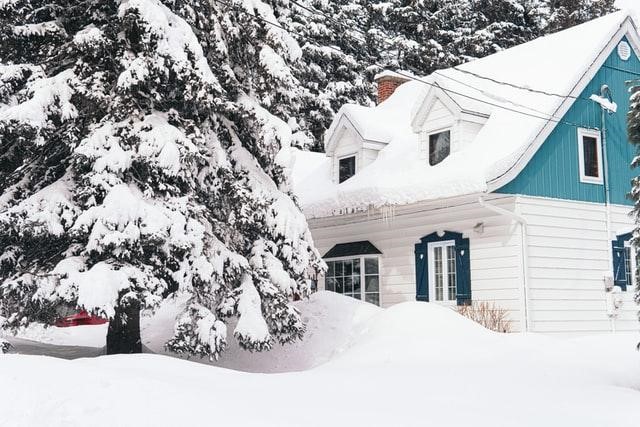
However, when your furnace breaks down just when you least expected it, nothing is worse than having to endure the winter solstice without an efficient furnace that functions perfectly. As the warm air begins to blow through our vents, many find comfort in our homes.
But unfortunately for some, many issues arise with a heating system, exceptionally when it is not maintained well. Being forced to deal with a furnace repair when the weather is already getting cold is a real inconvenience.
Furnace issues may vary from different factors. It may be because of age or lack of maintenance. In the case of the former, you may need to completely replace your air conditioning system, mainly if it is between 15 and 30 years old. For the latter, you may need to determine whether it requires a repair or a complete replacement too.
When Do You Need A Repair or Replacement?
If you’ve been neglecting your furnace for a long time, you may notice that it’s experiencing frequent breakdowns. At the very least, you’ll be aware of the situation, especially if the unit is not blowing warm air.
However, deciding whether to get a repair or a replacement can be difficult, and you will almost certainly require the assistance of Ultimate Aire heating services to inspect your furnace before making a decision.
There will be some minor visible issues in most cases, and if you notice any of these signs, you should contact your local HVAC professionals for immediate assistance.
Read Also:
1. Inconsistent Temperature
Experiencing temperature fluctuations throughout your home is a telltale sign that your heating system is not producing a comfortable temperature in your home as efficiently as it should be. You’ll know when it happens when some rooms in your house are always perfectly comfortable, but others never seem to get sufficiently warm.
2. Unnecessary Noise
Loud noises coming from your furnace are something you can’t ignore. When your furnace is operating at peak performance, you can almost forget it is even on. It simply goes about its function to keep you at a comfortable temperature when the weather outside is pretty cold.
Non-stop furnace noise, on the other hand, is not just distracting, but it can also be a typical indicator of a more severe problem.
Typically, if your heating system is making an unusual sound, such as a loud humming or buzzing noise, it is most likely due to an electrical problem with the furnace itself. So it is critical to determine the source of the problem as soon as possible.
Or else, you might end up paying for more costly repairs due to the unaddressed damage your unit might be dealing with.
3. Rapid Cycling
Home furnaces typically cycle between three and eight times per hour, and they run for an average of seven to twenty minutes daily. But if yours is cycling on and off more often for every minute or two, that is already busted! And it’s possible that clogged air filters are to blame for this.
As a result of not replacing your filters regularly, you might notice that your heating system produces restricted airflow. You might want to consider replacing your air filters, so it won’t make you sick too (check here: https://littlethings.com/lifestyle/signs-air-conditioner-makes-you-sick). But if this does not resolve the issue, it is the sign to call in the professionals for help.
4. High Energy Bills
One of the primary reasons your electricity bills are spiking is that you are using an old or inefficient furnace unit. Since they must work harder to provide the same level of performance, they can consume more energy than they should.
As a result, you may experience a sudden increase in your energy bills, and it could be an indicator too that your furnace is working less-than-optimally.
Replacing an old heating system with modern HVAC units can be more energy-efficient. Not to mention that they may necessitate more frequent repair work and increased maintenance requirements.
